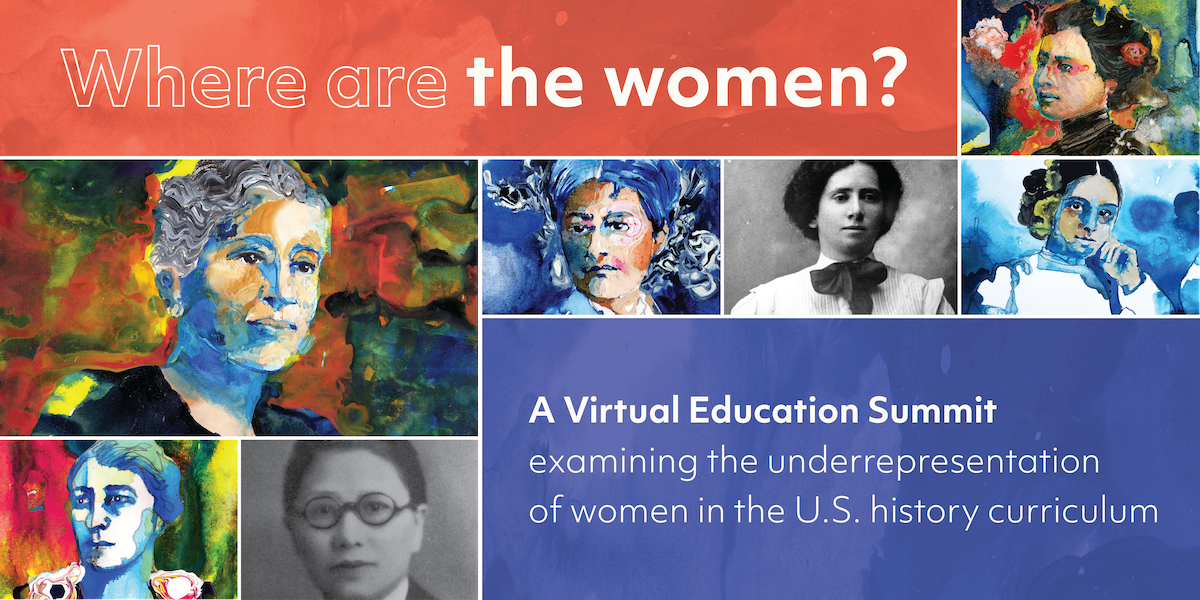Editor’s Note: This interview in our Feminist Giving IRL series features Tracy Gary, Philanthropic and Legacy Advisor at Unleashing Generosity.

1. What do you wish you had known when you started out in your profession?
My sense of abundance and true resourcefulness has come from giving and service to the nonprofit sector. We can’t do it well without mentors.
From the time I was first exposed to my parents’ giving and their encouragement about my donating, even as a teenager it was clear to me that determining what to give to and how possibly to choose amidst issues, populations and changes needed, would take careful community listening and some wise elder guidance or partnerships.
Read More









